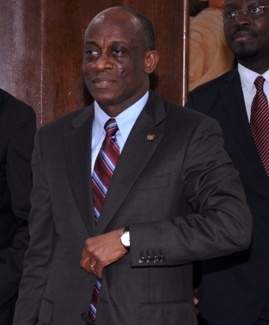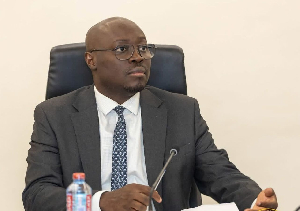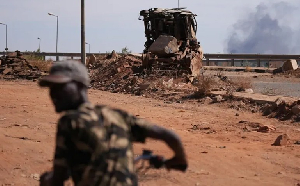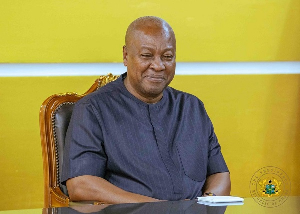From all indications, fuel and utility subsidies will be scrapped anytime soon, following comments by Finance Minister, Seth Terkper.
According to Mr Terkper, government’s intention is to provide subsidies rather for social programmes such as the National Health Insurance Scheme (NHIS) and the school feeding programme.
He noted that “our social intervention policy should not be seen only in petroleum or utilities but in terms of some of the things the statutory funds have been doing, such as the provision of school uniforms, health insurance.”
“These are all social intervention policies which have come in many years after the policy was put in place,” Mr Terkper added.
The Finance Minister added that “So you can see that when you pick my budget and you are seeing school feeding and school uniforms they are forms of subsidies which often can be more targeted than petroleum in terms of across the board subsidies for those who can afford.”
The International Monetary Fund (IMF) recently commended government for improving the fiscal state of the economy. The Bretton Woods institution said the $918 million bailout programme is on track, with all performance criteria met except for the ceiling on central bank financing to the government which was technically missed by a small margin.
Market watchers believe the Washington lender is behind the move by government to scrap utility and fuel subsidies. Though the amount or percentage of subsidies is unknown, the subsidies left on petroleum products presently are very small.
Media reports recently also indicated that subsidies on petroleum products totaling Gh¢50 million were expected to be scrapped as part of the IMF bailout plan reached with Government.
As part of the agreement, government was expected to spend less, increase its tax collection and implement more stringent economic policies such as the inflation targeting for the next three years.
Prices of petroleum products have been adjusted twice within two weeks while utility tariffs have also gone up.
While a gallon of petrol is going for Gh¢18, water and electricity tariffs have gone up by 51.73 and 15 percent respectively, according to the Public Utilities Regulatory Commission (PURC).
However, the implementation of the hikes in electricity tariffs have been deferred.
The PURC said the increment was informed by the depreciation of the cedi, rising inflation, electricity and chemical costs.
It said it intends to embark on a major tariff review process especially at the time the country is expecting additional electricity generation.
General News of Sunday, 12 July 2015
Source: The Finder
Fuel, utility subsides to be scrapped
 Finance Minister Seth Terkper walking briskly to deliver the 2015 Budget in Parliament
Finance Minister Seth Terkper walking briskly to deliver the 2015 Budget in Parliament
Entertainment











